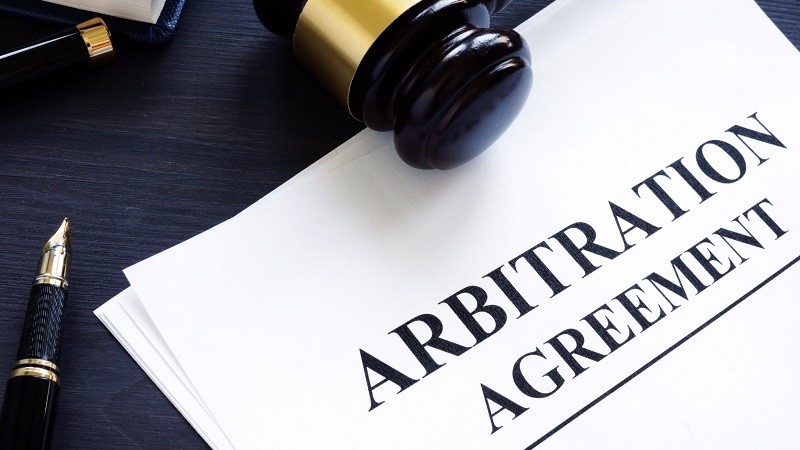Uganda Civil Aviation Authority v Central Plumbing Works (U) Limited, Misc. Cause No. 037/2023. Ruling delivered on January 25, 2024 by Hon. Judge Musa Ssekaana
Attention!
The appointment of the Chairperson of the Tribunal by the Executive Director, Centre for Dispute Resolution (CADER) without the approval of the Solicitor General is irregular and illegal
Background to the case.
This was an application for setting aside an award rendered by an arbitral tribunal on 25th November 2022. The sole ground for setting it aside was that the composition of the arbitral tribunal was not in accordance with the agreement of the parties. It was the Respondent’s case that the deviation from the contractual composition of the arbitral tribunal was by consent of both parties.
Ruling of the Court
The Court agreed with the Applicant and set aside the award for the following reasons:
- The contract signed by the parties to the dispute legally required the approval of the Solicitor General before any amendment thereto could be made.
The arbitration clause within the contract stipulated that, in the event that a dispute arose, each party would appoint an arbitrator and a third arbitrator would be appointed by the President, Uganda Institution of Professional Engineers or if they were an interested party or appointment would cause conflict of interest, then by a Justice of the Commercial Division of the High Court of Uganda.
- Therefore, it followed that the appointment of the third arbitrator by the Centre for Arbitration and Dispute Resolution (CADER) was contrary to the agreement between the parties as originally approved and consented to by the Solicitor General which indicated how the arbitral tribunal would be constituted.
- Any deviation from the agreement needed the consent of the Solicitor General which was not obtained in the case before Court and in the premise, the arbitral tribunal was not properly constituted.
- It was immaterial that the Applicant consented to the deviation of appointment of the arbitral tribunal because it was consenting to an illegality-the amendment of a contract without the required Solicitor General’s consent
Effect of the Court’s ruling
Party Autonomy, which is the bedrock of arbitration, has been thoroughly questioned with the rendering of this ruling. The effect of this is that even where parties exercise their consent, such consent is subject to external factors and requirements which in this case was the consent of the Solicitor General to the amendment of the agreement from which the dispute between the parties arose.
Further, in the case of Lakeside Dairy Limited v International Centre for Mediation and Mediation Kampala & Another, Misc. Cause No. 0021/2021 (arising out of Arbitration Cause No. 0004/2021), the High Court, when faced with an application to set aside an arbitral award on. among other grounds, the improper composition of the arbitral tribunal, stated thus:
“Where, at the beginning of any arbitration or at any stage in the course of or in connection with the proceedings, there has, by reason of anything done or left undone, been a failure to comply with the requirements of process, whether in respect of time, place, manner, form or content or in any other respect, any step taken in the proceedings, or any document, decision or order therein, that has not had the effect of denying a party “fair,” “equal” treatment and a “reasonable opportunity” to present its case, the failure can only be treated as an irregularity not sufficient to nullify the proceedings”.
This reasoning by Court was primarily premised on the need by Courts to honor arbitral awards and only set them aside if there was a gross miscarriage of justice and or denial of a party to present its case in a fair hearing. Now with the decision in the Uganda Civil Aviation Authority case, there is a high likelihood of arbitral awards being the subject of more scrutiny and “unpacking” even where, regardless of the irregularities, the arbitral award conducted the arbitral proceedings in a manner fair and equal to all parties.
Concluding Observations
It may no longer be material that parties have consented to the mode of conduct of their arbitral proceedings. To this end, a floodgate of applications to set aside awards may be registered, notwithstanding the parties’ consent.
Disclaimer: No information contained in this alert should be construed as legal advice from Namara Musinguzi & Co. Advocates or the individual authors, nor is it intended to be a substitute for legal counsel on any subject matter
Prepared By:
Ann Namara Musinguzi; MCIArb
Managing Partner, Namara Musinguzi & Co. Advocates
ann@namaramusinguziadvocates.com



